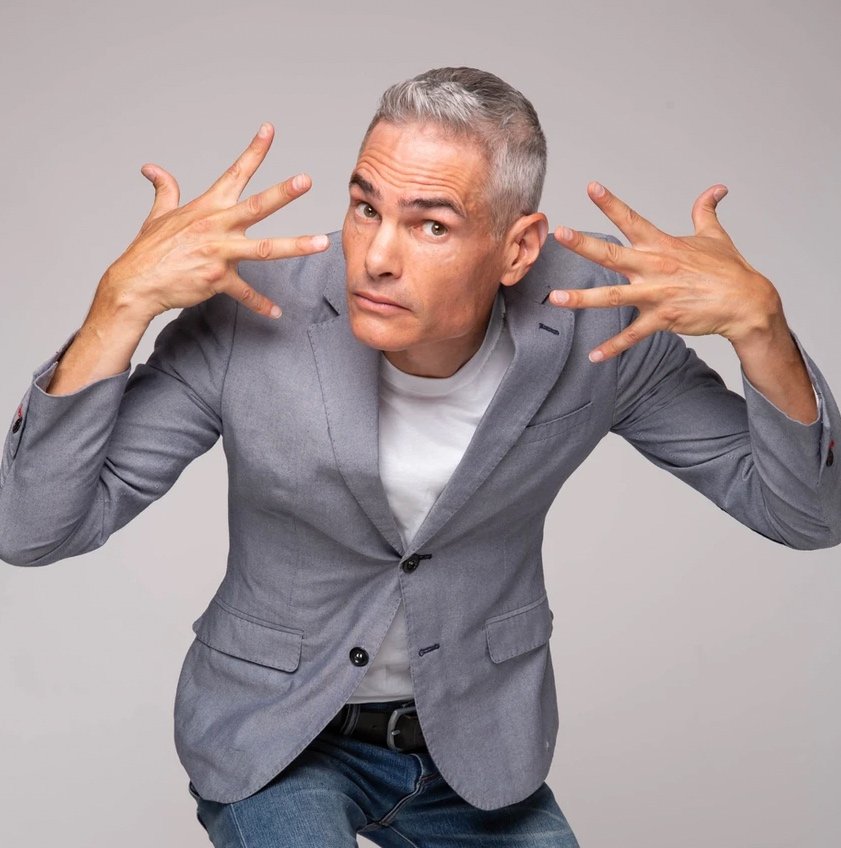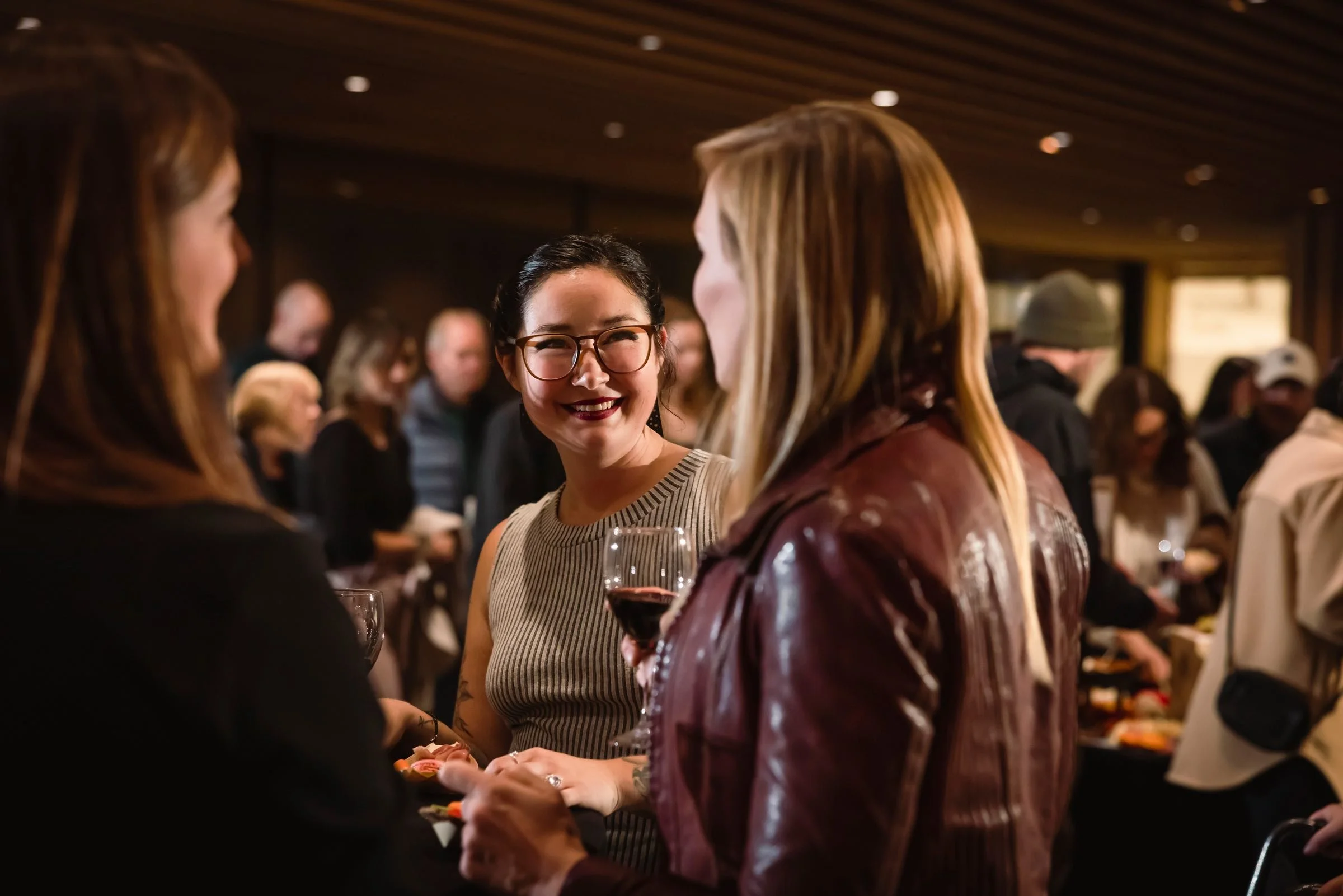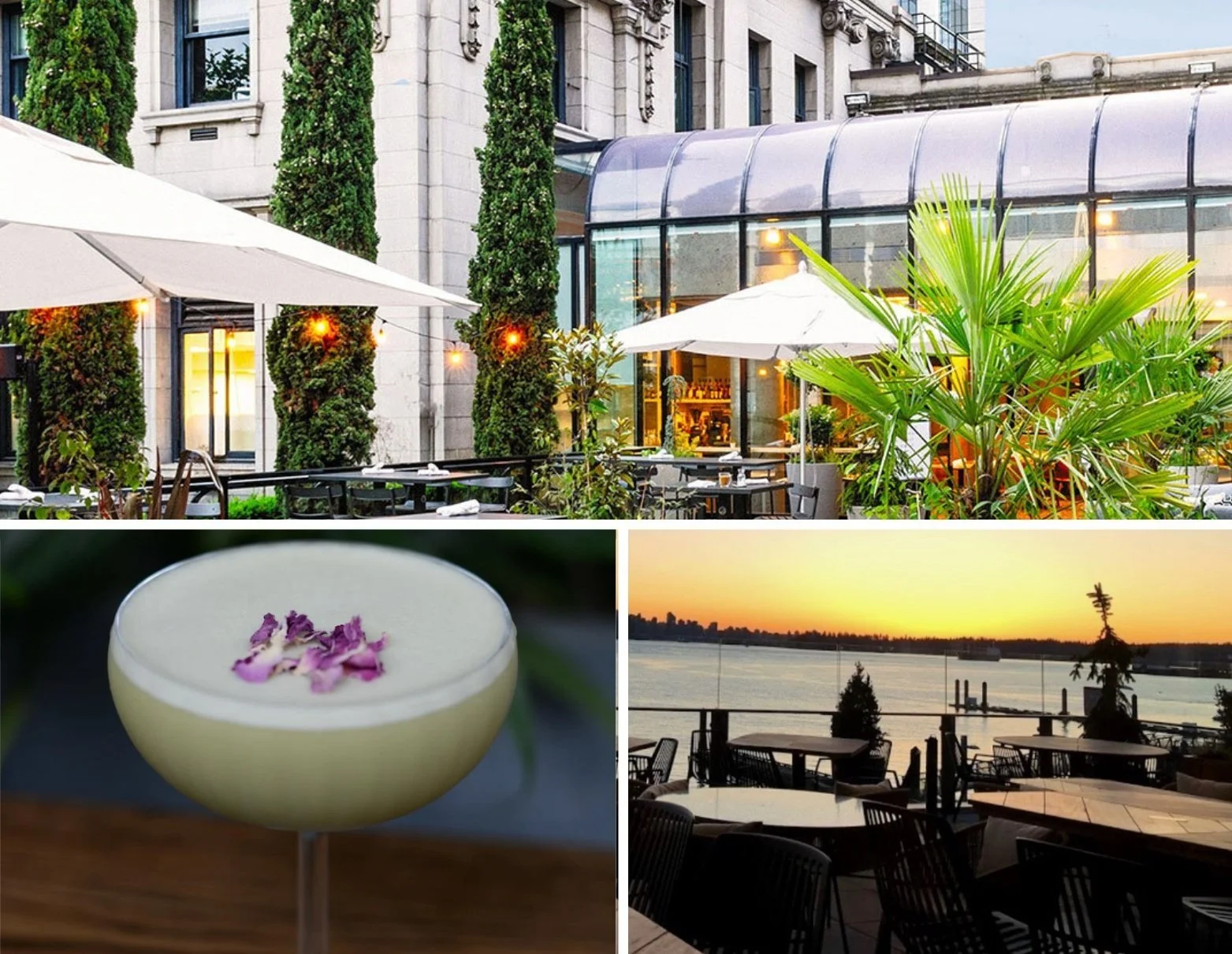"Not your grandfather's Jewish comedy": stand-up comedian Joel Chasnoff smashes stereotypes
The artist who has opened for Jon Stewart and fought in the Israeli Army comes to Vancouver for the Chutzpah! Festival
Joel Chasnoff.
Chutzpah! Festival (November 3 to 24) presents Joel Chasnoff with special guest Talia Reese on November 16 at 8 pm at the Norman & Annette Rothstein Theatre
JOEL CHASNOFF HAS been bringing insights into Jewish life through stand-up comedy for more than two decades across 10 countries and counting. If “Jewish comedy” brings to mind a certain schlocky, Borscht Belt approach, however, think again: the American-Israeli comedian, who has opened for Jon Stewart and been called the Chris Rock of the Jews, takes an entirely different tack to eliciting laughter.
“This is not your grandfather’s Jewish comedy,” Chasnoff says in a phone interview with Stir from a U.S. tour stop. “I really think my Jewish comedy is unlike anything people have seen before. The best compliment I can get is someone saying ‘I didn’t know Jewish comedy could be like that.’
“What I really like is the minimal amount of words—word efficiency to get clean laughs,” he explains. “I never make fun of the audience members. People’s lives are hard enough as it is; they don’t need to be put down. My take is to do observational humour about the absurdities of living a Jewish life, and a lot of people who aren’t Jewish understand it as well. It’s not really making fun of Jews but making fun of the way we attach ourselves to traditions and the way things can mean so much to us. I live a Jewish life; I’m a conservative Jew, kosher and all that, so it’s not coming from a place of hate but a place of love—and we poke fun at the things we love.”
Chasnoff is bringing his clever, original stand-up to the 2022 Chutzpah! Festival, where he’ll be joined by Talia Reese. The latter is a former bankruptcy lawyer whom the Jewish Telegraphic Agency called “the Raunchiest Orthodox Mom Doing Stand-Up”.
Chasnoff, who grew up in Chicago, lives in Ra’anana, where he and his Israeli-born wife chose to raise their family; their twins are now 21, and their two other children are 15 and 12. He’s the only comedian who is also a veteran of the Israeli Army. Chasnoff volunteered for a combat unit of the Israel Defense Forces when he was 24 and co-led operations in Lebanon against Hezbollah. He went on to write 2010’s The 188th Crybaby Brigade, a best-selling memoir that Kirkus Reviews described as “horrifyingly hilarious”. His experiences on the frontlines gave him plenty of fodder for his comedy material.
“Most humour comes from conflict and trauma ,” Chasnoff says. “It’s a defense mechanism that we’ve managed monetize. You can’t be a professional passive-aggressive.”
He has written two other non-fiction books: Balboosta: Bold Mediterranean Recipes to Feed the People You Love with Israeli chef and two-time Chopped Champion Einat Admony; and Essential Tennis: Improve Faster, Play Smarter, and Win More Matches with coach Ian Westermann. (I’m obsessed with playing tennis,” Chasnoff says of the motivation behind the latter. “I love it. And it’s an expensive sport, and I had to find a way pay for it.”) Chasnoff’s next book will explore what it’s like to live in Israel today.
A distinguishing feature of Chasnoff’s comedy, which he alluded to above, is that it’s clean (which is one reason he’s so popular for fundraising events). He also avoids topics that are politically charged or polarizing. “I think people are genuinely surprised that they can laugh for an hour and nothing dirty has been introduced,” Chasnoff says. “I think it’s a relief to them that that still can be done, that you don’t have to go to the lowest common denominator. Call me old-school, but I really like it.”
Ultimately, Chasnoff uses humour to celebrate Jewish life and to bring people together.
“Jewish culture is more than just folk dancing,” he says. “I want the Jewish audience to feel good about who we are and for the people who aren’t Jewish to say ‘Wow, there’s more to Judaism than the stereotypes that I know.’ I’ve always thought my comedy is more than just jokes; I want to make people feel good about who they are.”













